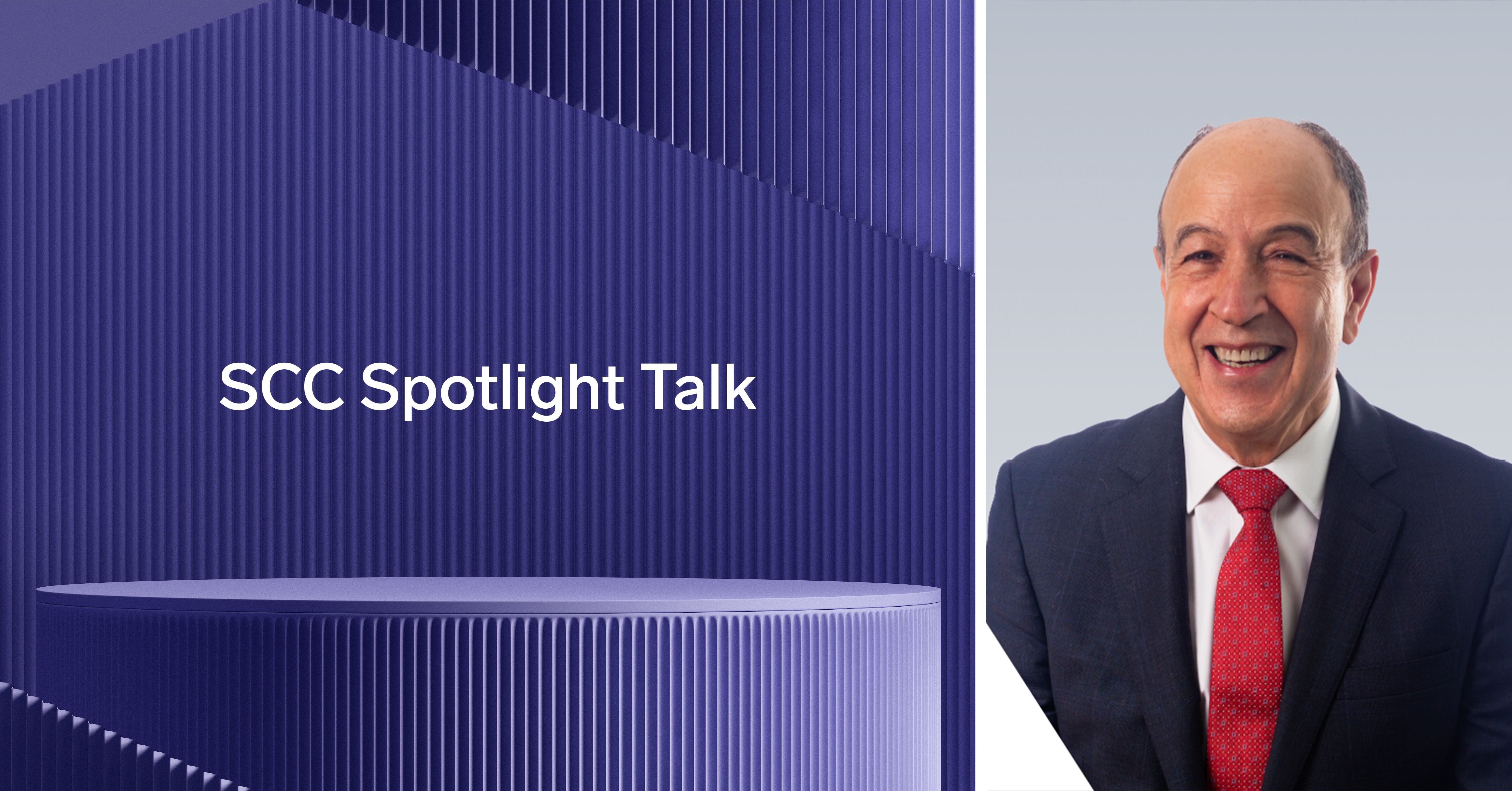Tackling administrative challenges in ad hoc arbitrations
Ad hoc arbitrations tend to pose a variety of administrative challenges for arbitrators and the parties, especially in the context of investor-state dispute settlement (ISDS) proceedings, which involve public funds. As part of the interview series – the SCC Spotlight Talk – we asked Eduardo Zuleta J, Independent Arbitrator at Arbitration Chambers, to share his insights on the challenges which often arise in this area.
Published 2023-05-03

Eduardo, you often sit as a chair in ISDS proceedings in ad hoc settings. What are the main administrative challenges that you come across compared to institutional arbitrations?
In general, ad hoc arbitrations tend to present greater administrative challenges for the Tribunal when compared to institutional arbitrations. Evidence of such challenges is found in the fact that ad hoc Tribunals frequently end up working with the support of an arbitral institution, and parties rarely oppose such support, in spite of representing an additional cost.
The main administrative challenges faced by ad hoc Tribunals can be found in the following areas: 1) management of funds, 2) case file management, and 3) the hearings.
Regarding management of funds, the Tribunal will have to deal with the billing, taxes, and payment of the funds, being absent from an arbitral institution. This can be particularly sensitive in ISDS cases or in commercial cases involving state entities, where the finances of the arbitration may be subject to several conditions and restrictions, given the “public” nature of the funds. Institutions have especially had a key role in the management of funds in extremely sensitive cases involving States subject to sanctions.
As regards case file management, arbitral institutions usually provide an excellent service in organizing the record, verifying its completeness, and ensuring electronic access to the parties and the tribunal. This is a crucial and time-consuming task that the tribunal and the parties would have to assume, with much more limited human and technological resources than those of arbitral institutions.
Lastly, arbitral institutions provide useful services related to the organization of remote and in-person hearings. Generally, arbitral institutions oversee the logistics of the hearings, ensuring a proper venue or digital platform in accordance with the specific features of the proceedings, i.e., the number of participants, their locations, and the language(s) of the arbitration. Arbitral institutions also verify that the tribunal and the parties have all the hardware and software they require at their disposal. They can even aid the tribunal in procedural matters to ensure that the hearings develop swiftly and fairly for both parties.
In which situations is institutional fundholding particularly useful for the parties and tribunals in ad hoc arbitrations?
Institutional fundholding is generally a very useful service in ad hoc arbitration. The centralised management of funds, with an institution that has the experience and the recourses to do saves time and costs to the tribunal and the parties. The institution ordinarily anticipates the need for further funding for the arbitration and has the knowledge and experience to deal with different jurisdictions and their banking and tax regimes. Moreover, the parties – and the arbitrators themselves – may feel more comfortable in having a third entity handling the resources of the arbitration, rather than the adjudicative body itself.
The SCC was the first arbitration institute to introduce a digital record-keeping tool adapted for ad hoc proceedings, the SCC Ad Hoc Platform. To what extent does online record-keeping facilitate the work of tribunals? What would be your advice to the parties and tribunals when it comes to sharing and management of the case files in ad hoc proceedings?
Online record-keeping has become almost a “mandatory” tool for international arbitration proceedings. It is time and cost-efficient and gives both the parties and the tribunal the flexibility to access the case file from any location and facilitates the creation of hearing bundles. It is a tool that promotes transparency since the parties and the tribunal have equal and permanent access to the current version of the authentic case file. It further facilitates the tracking of information, given that it identifies the precise moment when documents were submitted and the person or user who submitted them and accessed the information.
In using online record-keeping, the parties and the tribunal must be confident that the institution in charge of the platform or that the platform (if no institution is involved) has all the necessary security features to avoid access by unauthorised third parties. Online record-keeping also requires a secure backup of the case file for two reasons 1) there is always the risk of a crash of the platform or of damaged files that cannot be opened or read after they are uploaded, and 2) technology advances at an extremely fast pace and the platforms available today may not exist in the future. The format in which certain information is currently stored may also not be “readable” in the future by the new systems or platforms. Ensuring access to the record in the long term, even after the proceedings are terminated, is a matter that may particularly interest the parties for enforcement and recognition of awards, among others.
SCC supports ad hoc arbitral tribunals with record-keeping services via the Ad Hoc Platform. Additional services, such as fundholding and notarisation/apolstilisation might be provided upon request. Read more about our Ad Hoc Platform service here.
In the interview series The SCC spotlight talk, SCC meets practitioners to discuss current issues, challenges, and opportunities in commercial dispute resolution of today.